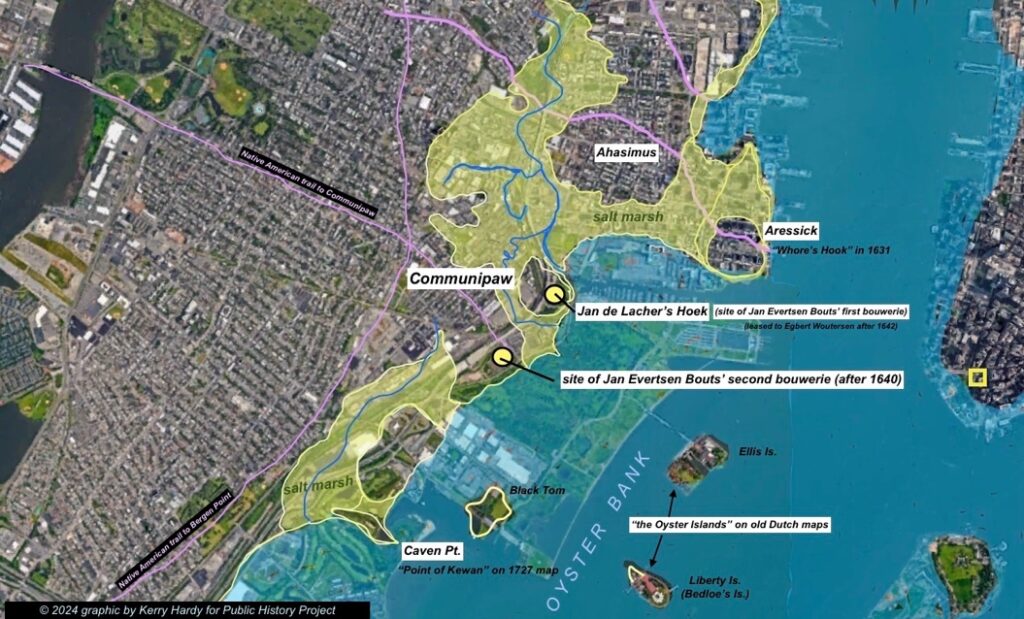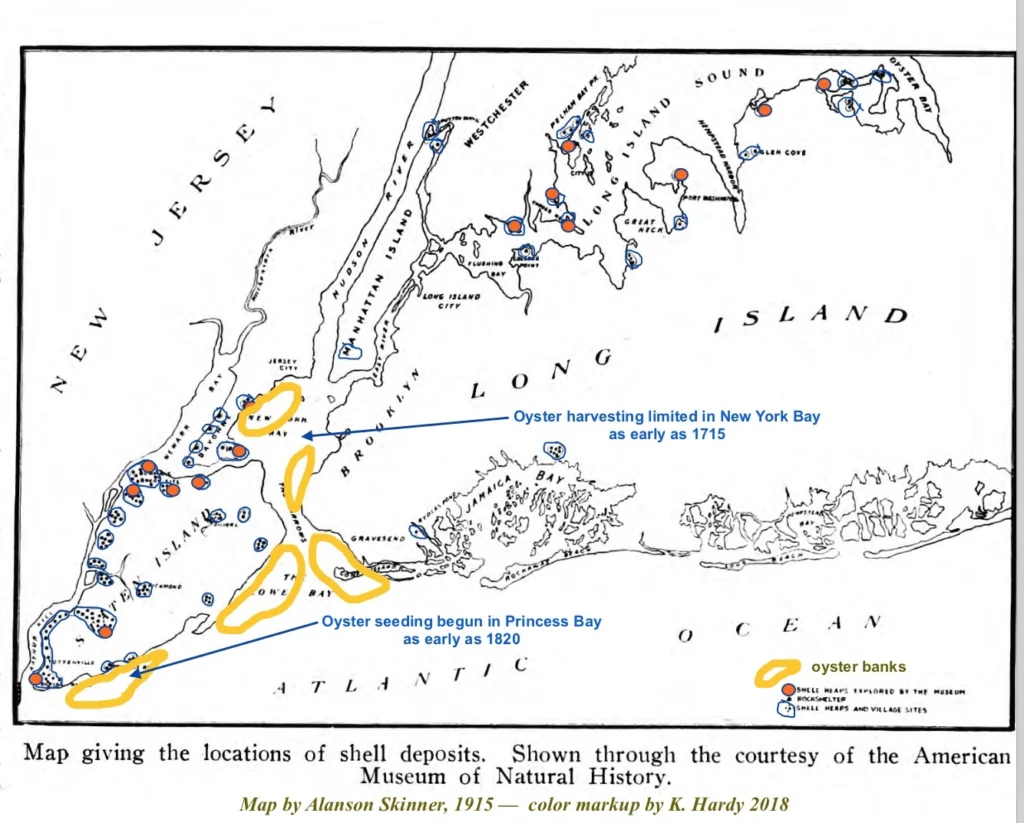Lesson Content
Our program will integrate the early American History and Global Trade, Indigenous Dispossession and Forced Migration, Colonization, Slavery and Immigration, Industrialization, and Environmental Impacts. We end with a focus looking forward on the importance of incorporating Indigenous research and traditional knowledge in dialogue with Western scientific approaches to repair and sustain a healthy environment from an eco-regional perspective. By combining the place humanities storytelling approach, public historical knowledge and resources of the Rutgers Clement Price Institute, the Public History Project, and Rutgers University’s School of Environmental and Biological Sciences, with the Ramapough Culture and Land Foundation, we will encourage participants to examine the historical roots, cultural effects of colonization, extreme resource extraction, and industrialization on our climate and region’s environment and advance equity for all through deeper understanding. This program represents one of the few in the nation that will allow educators to work with and learn from First Nation people in a meaningful way.


Primary Readings
- Customized Packet: A customized reading packet that attendees will each receive (well in advance of the program). This orientation packet will contain approximately three dozen annotated maps, infographics, timelines and text summaries of key historic events in the region surrounding New Jersey/New York Bay, to give them a head start of understanding that will enable presenters to skip some basics and go deeper, and faster, than would otherwise be possible.
- New York City Panel on Climate Change Special Report: An Estuarial Regional History, “A Vision for Our Collective Future,” written by the Public History Project and the Price Institute Institute Eco-History Working Group for the New York City Panel on Climate Change Special Report. We anticipate that this will be published in the next 2-3 months.
- Additional Video and Readings will be shared throughout the week.
